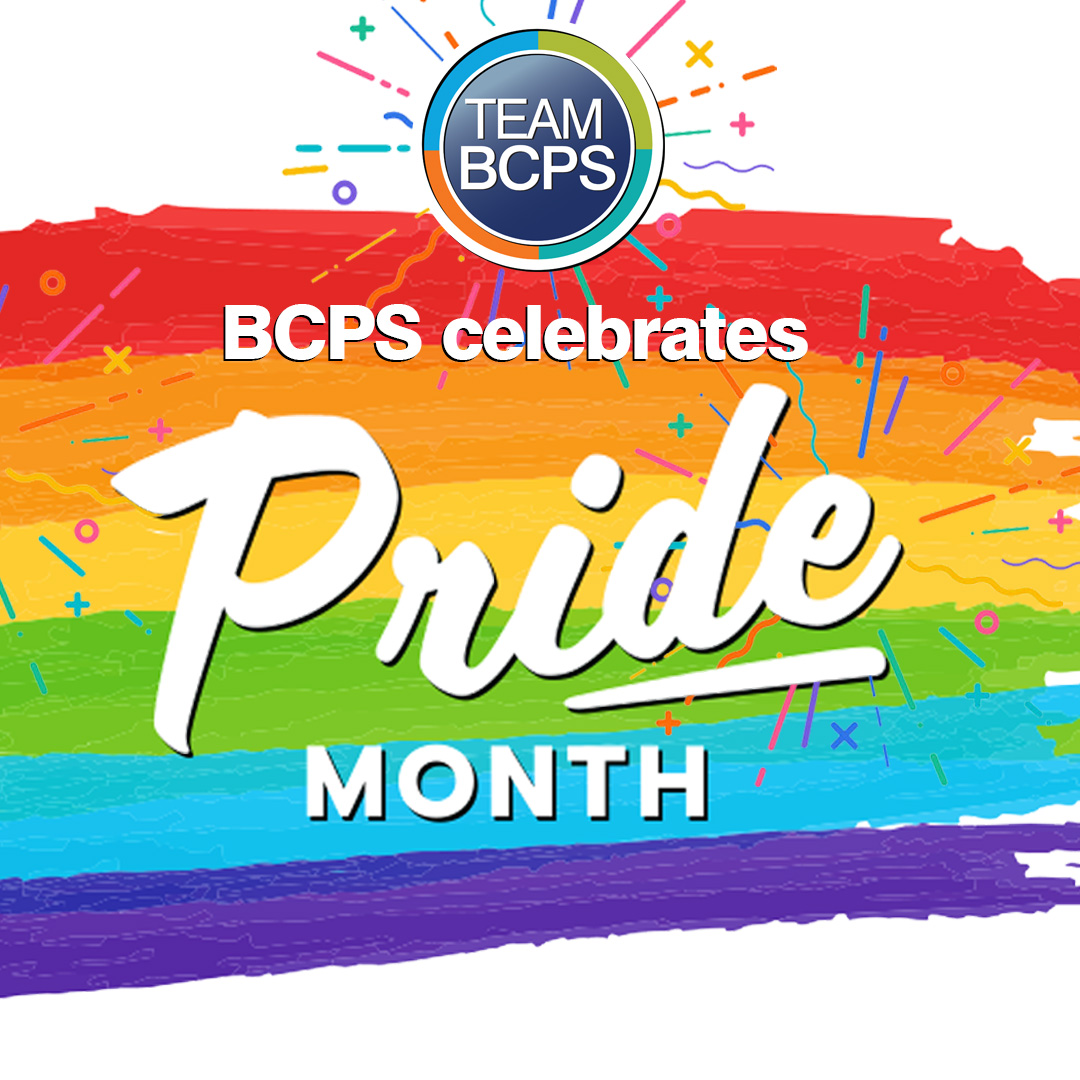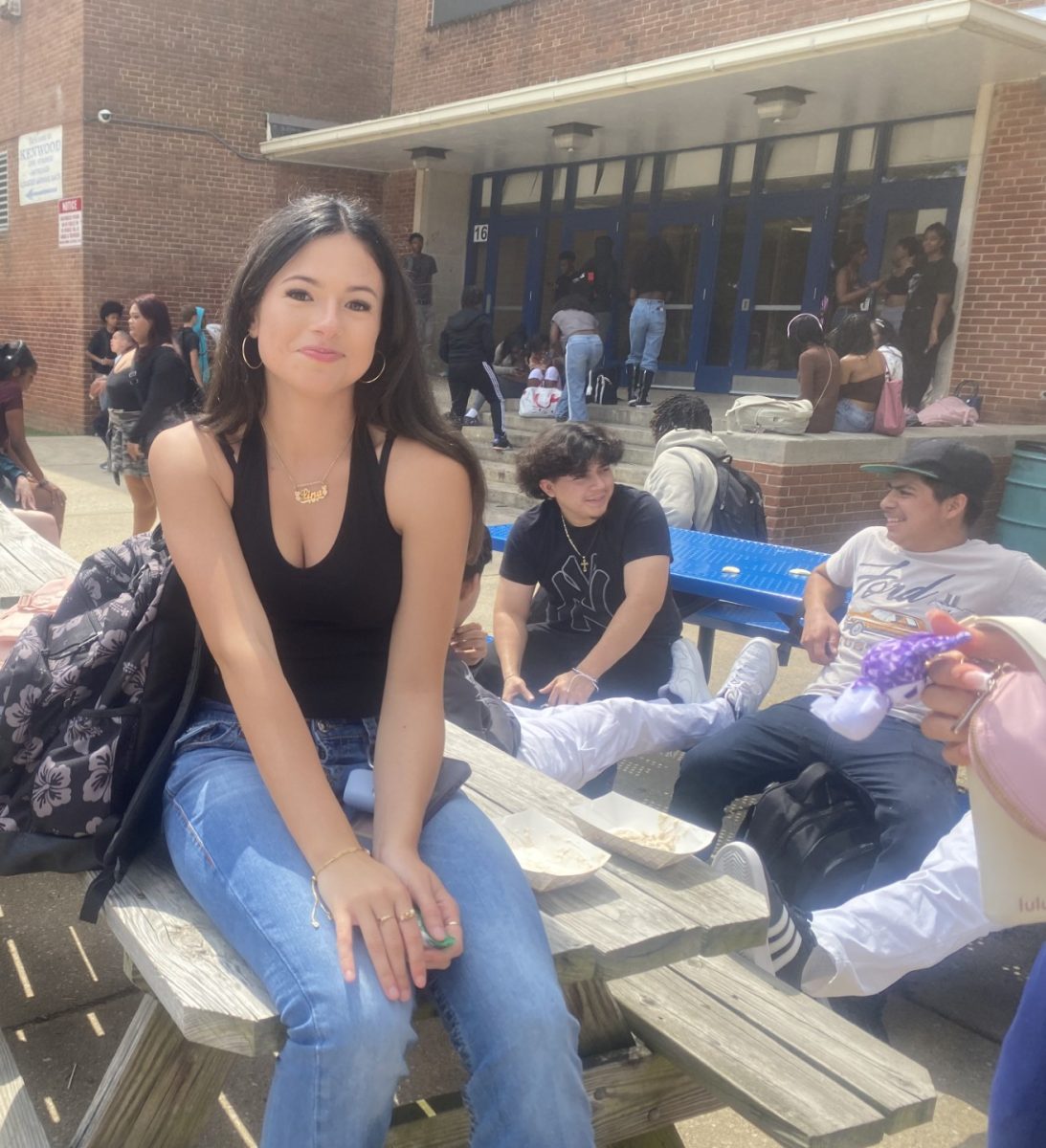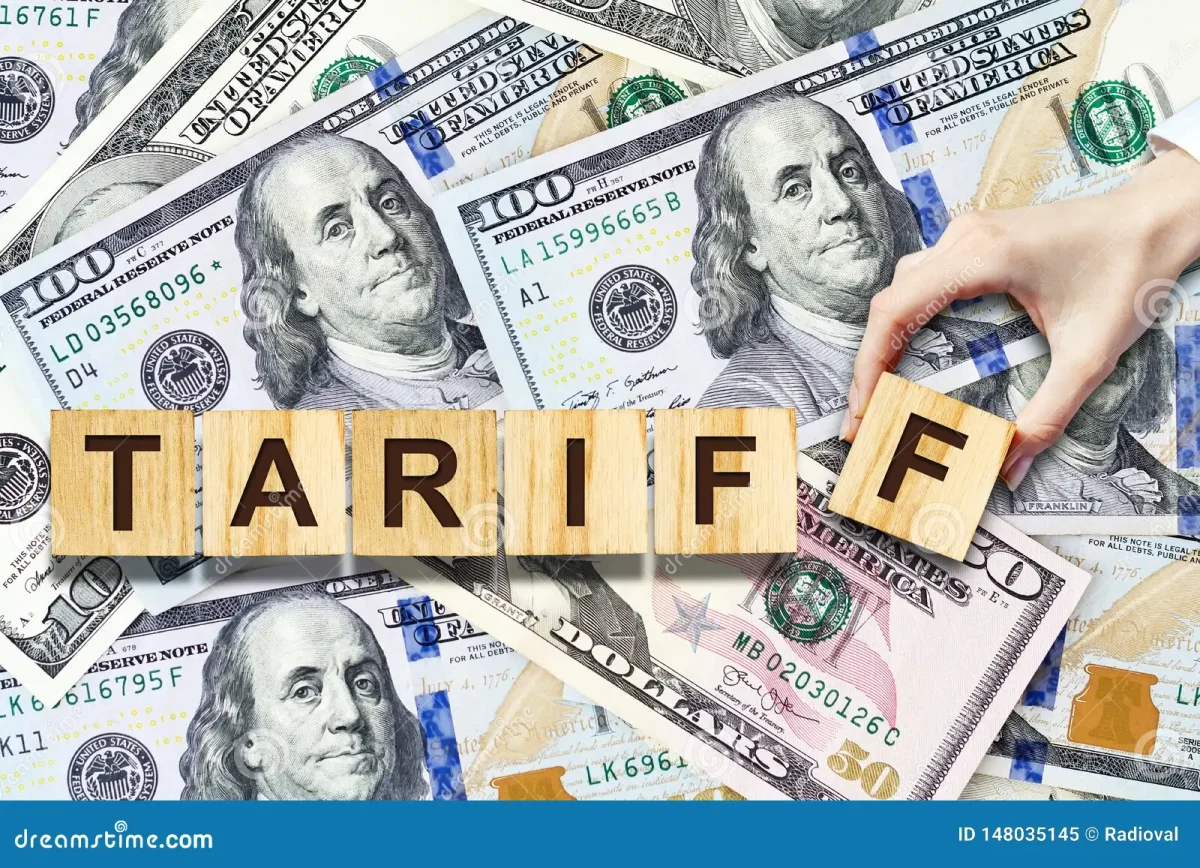June represents PRIDE month which is a month to demonstrate our acceptance of those that are a part of the LGBTQ community. There’s been changes in the LGBTQ+ community since our generation was born at the turn of the century. But how was it to be a part of the LGBTQ+ community in the past? What were the difficulties and the differences compared to today?
In the past LGBTQ+ individuals were not accepted whether it was for their sexual preference or gender identity. From 1981 through the turn of the century there was a gradual increase in acceptance of the LGBTQ+ community.
Retired Kenwood teacher, Ms. Magnuson expresses religion played a part back in the 20th century with the acceptance of the LGBTQ+ community whether it was due to being raised in a religious background or religious claims that kept laws from changing. “In the past, religion played a big part in how people feel who they can be with. In the past gay marriage wasn’t legal,” Magnuson shares. If you were part of a religious family there was low chances of getting accepted by them at the time.
Though not being accepted by families and loved ones did affect mental health in the past, it is also still to this day a common concern. Age wise, younger members of the LGBTQ+ community struggle the most with mental health concerns out of each age group.
Magnuson who was married to two men first and now a woman, though she feels more accepted in who she is today, says she does notice how, “If you look more like you may belong to the LGBTQ community, you often face more judgment,” she shares, even recalling one time someone rudely told her when they realized she was gay, “I don’t talk to people like you.”
While there were other difficulties with being a part of the LGBTQ community, today there still are challenges with being judged by your appearance, acceptance by families, fear of rejection with coming out, marriage differences, and many more. Though stuff has changed for the better in some way, some are still very much resistant to accepting the LGBTQ community. Some countries like Iraq, Indonesia, Senegal, Syria, and Algeria still issue serious punishment like imprisonment.
Though times have changed for the LGBTQ community with more freedoms, more acceptance, there is still much work to do in meeting all that are different than ourselves with love and accepting others for who they are. Though those of the LGBTQ community often worry if they’ll ever feel fully accepted, Magnuson reminds us, “We may not be able to change the politics or the bigger world, but in each of our own little world’s we can break down barriers and show love to create change.”






